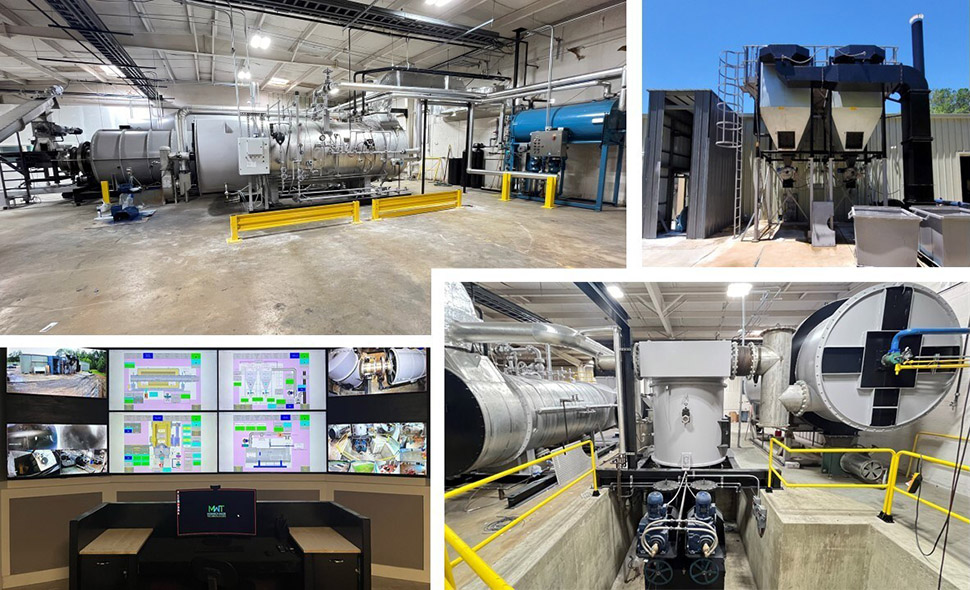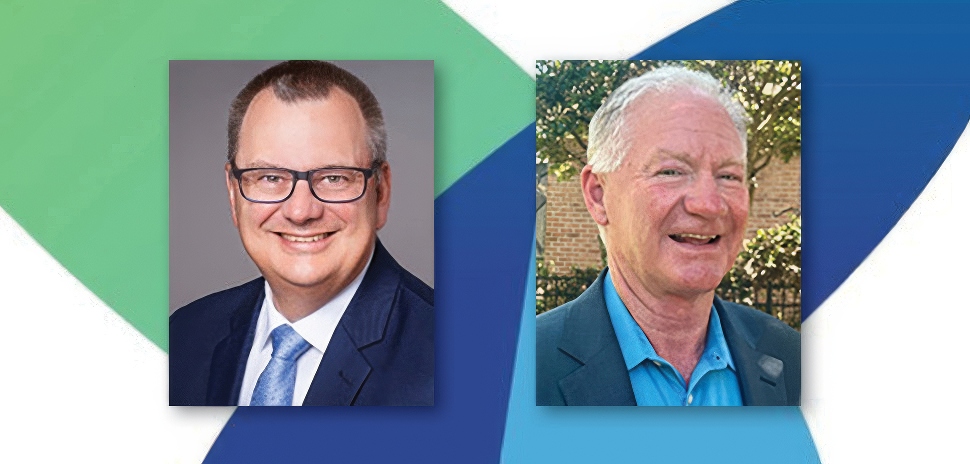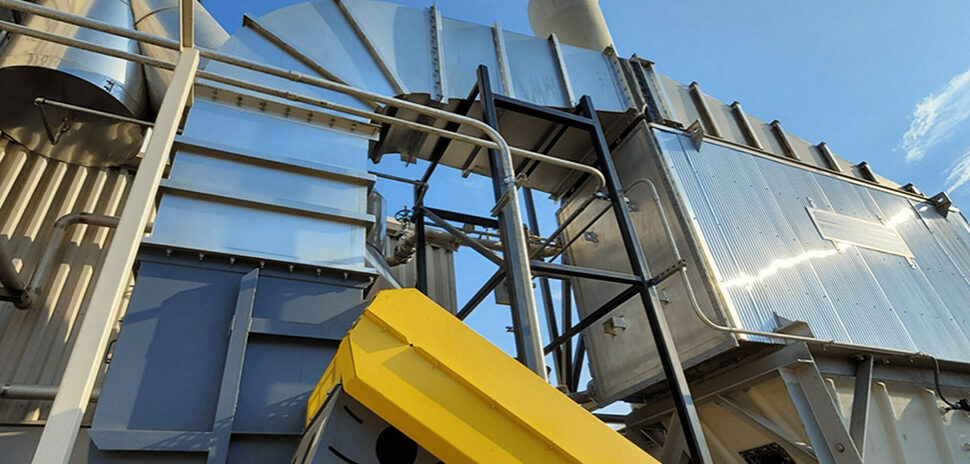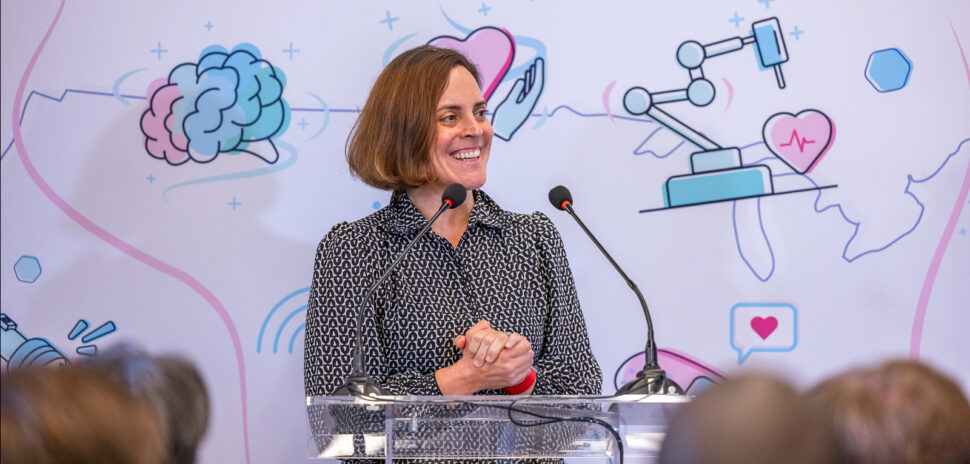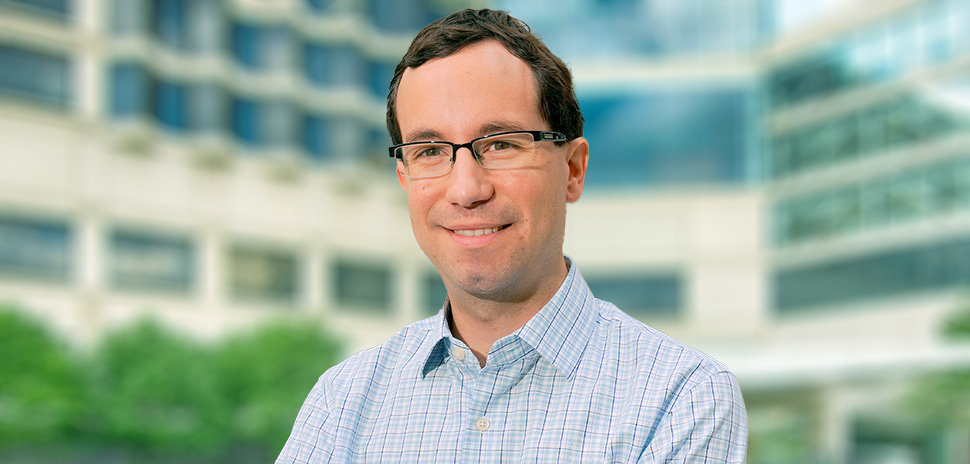Each year, around 3.5 million tons of medical waste are generated in the U.S., according to the Centers for Disease Control and Prevention. Unlike most waste, which is typically hauled to a landfill and dumped unceremoniously, medical waste comes with a daunting trifecta of hazards—biological, chemical, and safety.
Those biological hazards can include HIV, tuberculosis, and hepatitis B and C viruses. Chemicals from sprays and splashes can contact the skin or be inhaled. Needlesticks are a major concern, as are the potential presence of toxins and radioactive materials, the CDC says.
That’s why getting rid of medical waste safely is a major national issue—and why finding alternatives to incineration have been critical to prevent dangerous emissions from getting into the air and pumping more carbon into the atmosphere.
Using pyrolysis to dispose of medical waste
This week, Dallas-based Monarch Waste Technologies (MWT) announced “a new benchmark” in medical waste disposal. The company has commissioned a new facility in Gadsden, Alabama, that uses a technique called pyrolysis to dispose of medical waste.
Since 1995, more than 99% of the medical waste incinerators in the U.S. have been closed, MWT notes, radically increasing the need for new solutions.
Pyrolysis is a process that decomposes medical waste by using an external, indirect heat in an oxygen-free environment. Using what MWT calls “moderately low temperatures,” the waste slowly “roasts” as it absorbs the heat and decomposes within a sealed airless chamber. In this “endothermic” process, volatile organic compounds are boiled off in the form of synthesis gas, which is later oxidized at 2,100 degrees Fahrenheit, MWT said.
The process creates no harmful emissions, and results in a “safe, clean, pyrolytic carbon char” that is then landfilled.
‘Nearly a decade of team effort’ led to the new facility
MWT’s new Alabama facility uses the third generation of MWT’s PyroMed design, which can process 550 pounds of medical waste every hour.
The company says advancements in thermal and material handling components have further optimized the pyrolysis production process, “ostensibly making this installation the most technologically advanced pyrolysis system for medical waste destruction ever commissioned in the United States.”
“Our newest facility is the result of nearly a decade of team effort fully utilizing the environmental advantages that are unique with pyrolysis,” MWT Founder and CEO David Cardenas said in a statement. “Our new Alabama facility is the most advanced we have commissioned yet and sets the tone in the industry to promote the development of more facilities in the years ahead.”
MWT’s chief operating officer, Tommy Kovatch, said that “by leveraging years of reliable operating data we can ensure that each system we deploy is not only more advanced, but also more economically efficient than the one before. This new facility is proof of our continual dedication to excellence and goal to be the industry standard of pyrolytic destruction for medical waste.”
‘Environmentally responsible’—amid a challenging regulatory environment
MWT said the commissioning of the Alabama facility solidifies its position as the leader in the field of pyrolysis and “the provider of a proven, sustainable, non-incineration alternative for destroying medical waste in an environmentally responsible way.”
Bob Blom, a compliance expert and facility partner, noted the challenges in opening a new medical waste facility in today’s regulatory environment.
“From a regulatory perspective, the healthcare waste management industry is extremely challenging with stringent state and federal compliance requirements for permitting and operating a medical waste facility,” Blom said in a statement. “We appreciate the expert and diligent efforts of the Alabama state regulators in their ability to fully understand the uniqueness of our pyrolysis process and their professionalism in the permitting of our facility.”
![]()
Get on the list.
Dallas Innovates, every day.
Sign up to keep your eye on what’s new and next in Dallas-Fort Worth, every day.

